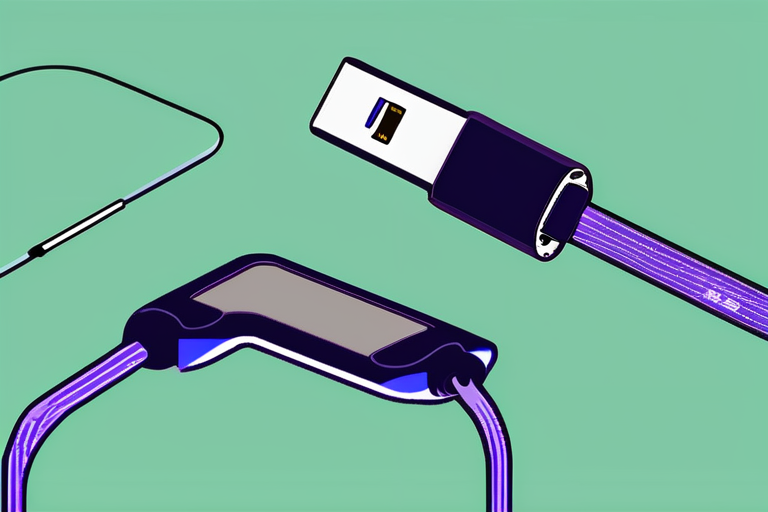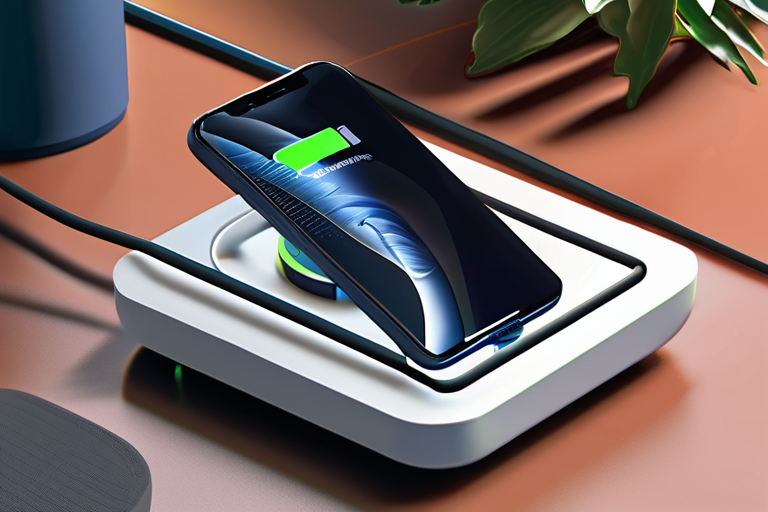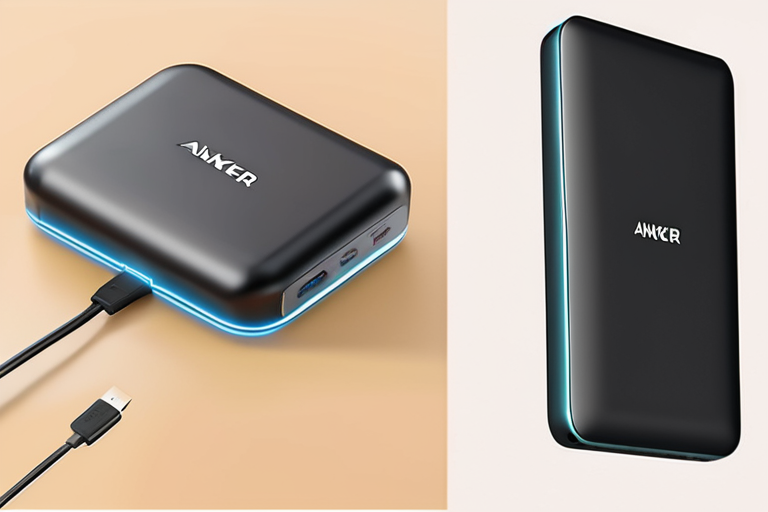Do you still need USB-C charging cables if this portable battery exists? I tested it to find out


Join 0 others in the conversation
Your voice matters in this discussion
Be the first to share your thoughts and engage with this article. Your perspective matters!
Discover articles from our community

 Hoppi
Hoppi

 Hoppi
Hoppi

 Hoppi
Hoppi

 Hoppi
Hoppi

 Hoppi
Hoppi

 Hoppi
Hoppi

Portable Batteries for Road Trips: A Reliability Test with Three Kids In a recent experiment, ZDNET's team put portable batteries …

Hoppi

Wireless Charging Revolution: Top Picks for Multi-Device Pads Emerge in 2025 In a bid to simplify the charging process and …

Hoppi

Anker's Slim MagSafe Power Bank Hits Record-Low Price A popular slim MagSafe power bank from Anker has dropped to a …

Hoppi

Portable Power Station Sets New Standard for Portability and Affordability In a breakthrough that is poised to revolutionize the way …

Hoppi

Do You Still Need USB-C Charging Cables if This Portable Battery Exists? A portable battery pack has been making waves …

Hoppi

Portable Batteries for Road Trips: A Reliability Test with a Twist In a bid to determine the reliability of portable …

Hoppi